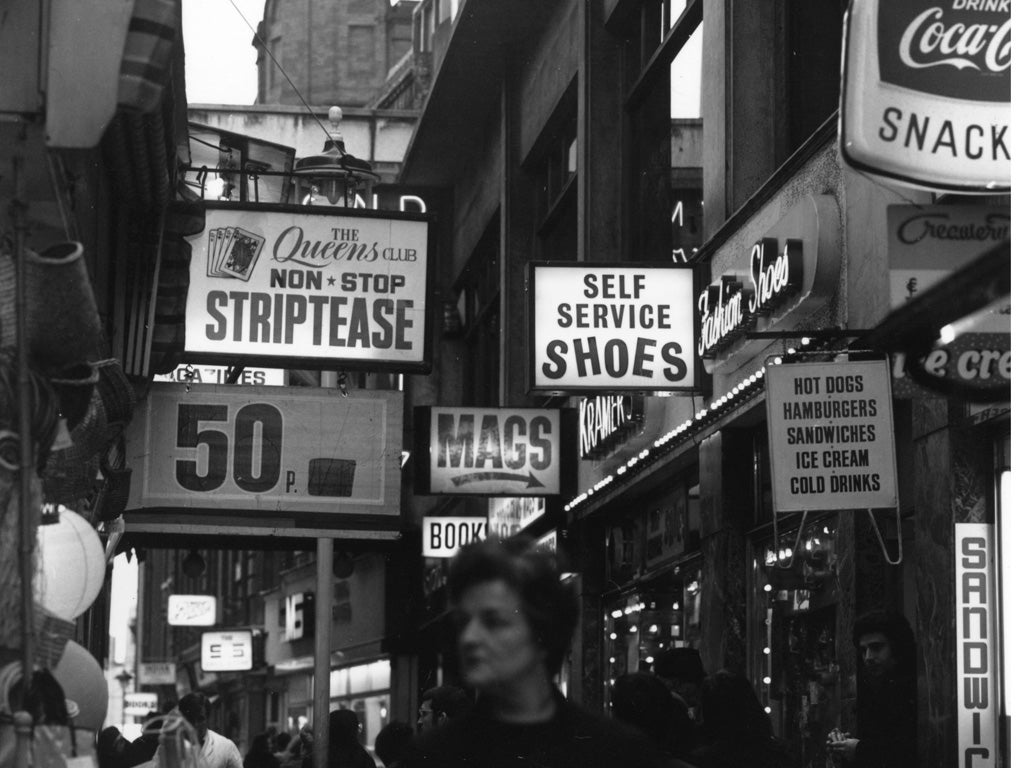Hands off our seedy Soho: Do we really want our London streets ‘cleaned up’?
No one is congratulating the men who pay for sex for their contribution to a local economy, but the issue here is one vice against another – greed versus lust


Waves of moralism regularly sweep up the river Thames. When the bankers seemed too rich, the Occupy encampment moved in. Oxford Street had its protests against tax avoidance. Now there’s a push to have Soho, allegedly London’s seediest district, be cleansed of its oldest vice, prostitution.
Police have begun a round of enforcement notices against landlords, on suspicion that some flats may be being used for “illicit activities” – brothels in other words – and legal sex workers report a renewed tough attitude towards them by the previously tolerant cops. But really stoking up tensions is one of the area’s big landowners, Soho Estates, which is trying to get permission to knock down the historic Walker’s Court, centre of the sex trade, to open up a restaurant and theatre. The managing director of Soho Estates has said his company was not directly responsible for closing the flats but noted that police said they were being used as brothels.
The problem here is a battle of one vice against another – greed versus lust – and protesters yesterday decided that the latter was preferable. Those who took to the streets against the evictions were not just sex workers, with a vested interest in carrying on their work. They were also the local businesses and the residents, of which I am one, who are watching an area being developed to satisfy a kick for rising property values.
Centuries of moral and urban planning crusades have done little to suppress human desires for illicit sex. The Walker’s Court development, which threatens to displace more sex workers, has become the touchstone of this argument. One of a series of developments across the area, it is using the power of money to force a beautification, an urban planners’ equivalent of a Harley Street facelift.
No one is congratulating the men who pay for sex for their contribution to a local economy, nor is prostitution being touted as a great new career move. The argument here is about allowing parts of the city to be imperfect. There are such spaces in every city in the world. Soho – a Georgian quarter with narrow streets and alleys – operates on licence from the rest of London. It is the place of late-night drinking, the first home of the out gay scene before it was socially acceptable, and historically that of prostitutes. What might be objected to in smarter areas passes here in a community that has agreed to tolerate and house some of the ropier elements of human nature. (The City is equally good at shielding its moral vagaries from the outside eyes).
The punters and landlords are the ones with the wallets. But if there are to be red light-districts, they should be determined not by money but by the society immediately around them – the society that has the strongest interest in keeping its part of the city on an even keel.
Join our commenting forum
Join thought-provoking conversations, follow other Independent readers and see their replies
Comments